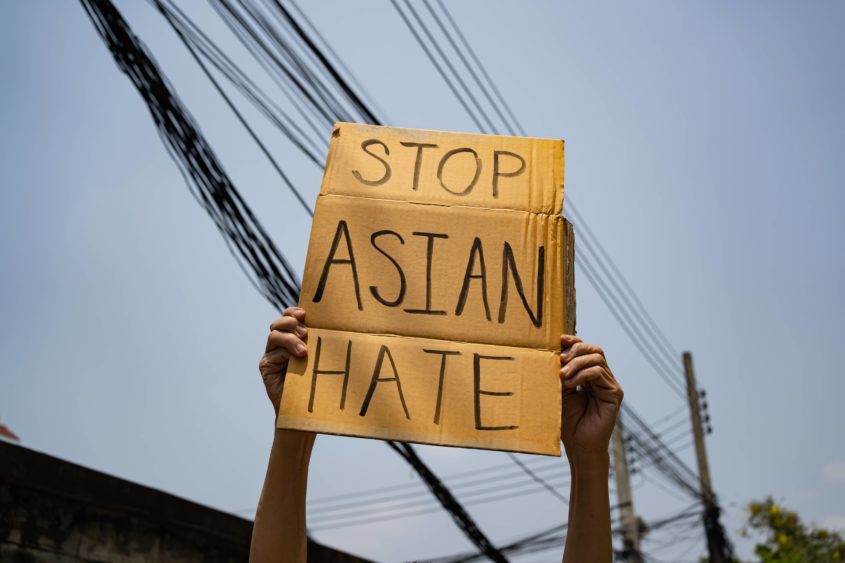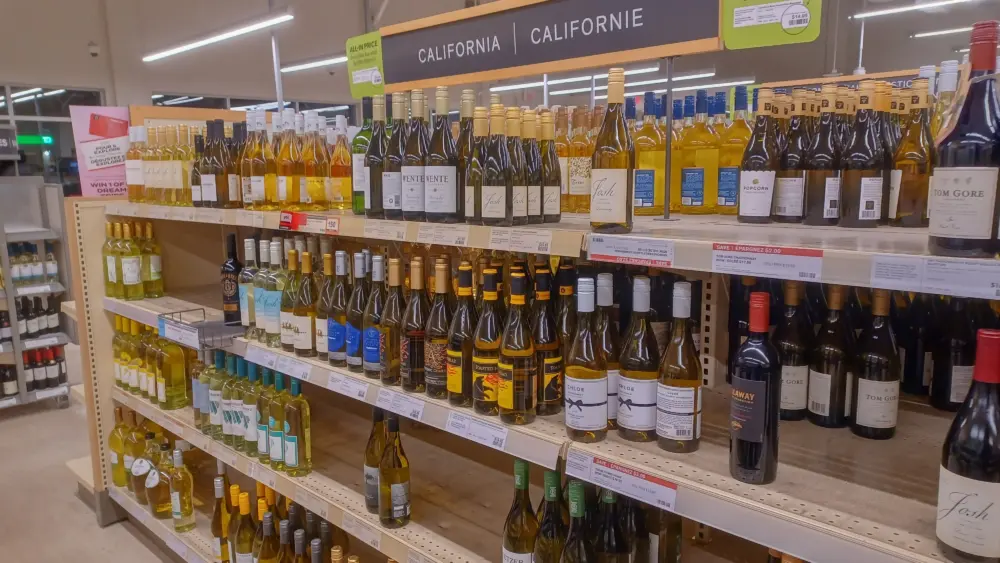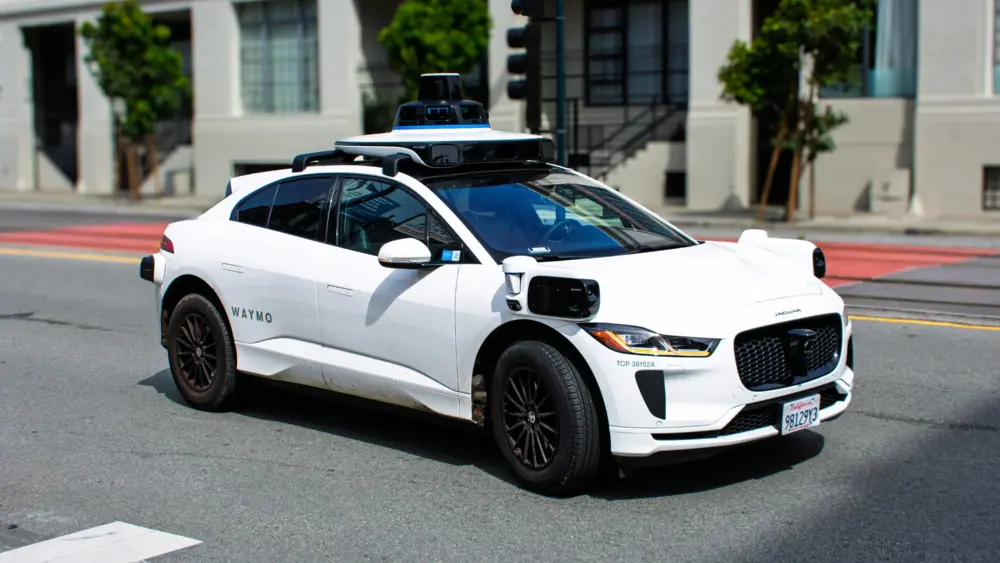
No doubt you remember the bully—or bullies—you encountered in your youth. Bullying is something kids do, but hate crimes and assault are something adults seem to be doing way too often these days. Those who derive satisfaction from hurting others represent the worst version of the human experience.
Last month’s attack in Oakland upon Carl Chan, president of the Chinatown Chamber of Commerce, is among the latest of a long string of attacks on Asian American seniors. Chan was on his way to visit a 69-year-old friend recovering from his very own attack when a 25-year-old Oakland resident named James Lee Ramsey snuck up behind him, pushed him onto the curb along the 400 block of 8th Street, and then calmly moved on. Thank goodness Chan snapped a photo of Ramsey as he brazenly walked away. Ramsey was arrested shortly thereafter and was charged with assault and battery, causing great bodily injury, according to a report by KPIX. Just the day before this attack, two Asian women, ages 63 and 83, were stabbed in the chest and arms by a 54-year-old assailant as they were awaiting a San Francisco bus. Both women were hospitalized.
Few societal problems have hit so close to my own home as these onslaughts against Asian Americans. I tend to instinctively hesitate to be influenced by the latest thing foisted upon me by the media. But this heightened attention toward violence against Asian Americans has brought great concern to my immediate family and that of my wife’s extended family. I’ve set aside my natural hesitancy to question what I read; instead, I’ve been considering the obvious pain felt by those directly in the path of such violence. Has it been going on for years without adequate attention or coverage in the media, or is it a new phenomenon? (FBI data is inconclusive and somewhat of a jumble.)
Regardless of the data, it’s all very real to members of my family. I’ve come to understand that the data doesn’t matter for those who’ve been attacked or live in fear. When the attack is racial- or ethnically-driven, it makes matters even worse.
As long as the legal and social consequences of such behavior remain minor, these acts will continue. Governments must ensure that those responsible for hate crimes are held accountable by the law, and the enforcement of hate crime laws must be a priority for the criminal justice system.
Wrong is wrong; you know it and every perpetrator of these senseless crimes knows it.
The pursuit of character
The annual BEST Of issue celebrates the best of the best in business throughout the North Bay, so it seems fitting to also reconsider our personal paths as we seek to find the best in ourselves. Admittedly, I’ve shown up a little late to this party, for all the usual reasons—building a professional career and building my businesses—but I am catching on. A bestseller by New York Times columnist David Brooks brought this personal deficit to my attention in 2015. Brooks’ book, Road to Character, reveals how differently our achievements are characterized during our life, compared to how they’re characterized after we’re gone.
External, professional successes shouldn’t override the pursuit of internal, personal ambitions that ultimately lead to the greater good of mankind. What Brooks refers to as “resume virtues” don’t compare to character-driven successes that he calls “eulogy virtues.” These are the qualities one hopes will be spoken during a eulogy. Fame, multi-year career successes, or final bank balances are hardly eulogy virtues. Rather, kindness, taking the time to help mentor someone, volunteering time, and making donations to a good cause are the accomplishments we all hope will one day be shared after we’re gone. Achieving the best in ourselves will come from what we give more so than what we get.
I’m hardly discounting the personal satisfaction of achieving sales goals, political-social influence, or building financial security for our families or utilizing innate talents that are worthwhile and meaningful. (My guess is that David Brooks wouldn’t either.) Squandering these ambitions, however, doesn’t inherently help us achieve eulogy virtues. But to allow them to exclusively consume our time and energy would be an ultimate failure. Alongside your pastors, rabbis, self-help coaches, and loved ones, Brooks believes utilizing our talents for the betterment of others is their most virtuous intention. I’ll bet you believe that as well; it’s regularly reminding ourselves of it that is the constant challenge.
Your thoughts on these matters are always appreciated. I’m lucky to have this platform and hope to use it to share your points of view. Reach me at Lawrence@NorthBaybiz.com. In the meantime, I hope you enjoy this issue and congratulations to all the winning companies!
Author
-

Lawrence Amaturo is the publisher of NorthBay biz magazine. In addition to the magazine, Amaturo Sonoma Media Group is owner/operator of Waterdrop Digital Media and eight radio stations serving the North Bay region: KZST, KSRO, Froggy 92.9, 97.7 The River, Hot 101.7, and The Wolf 102.7. Lawrence and his wife, Susan, a local physician, are active in several philanthropic endeavors, and enjoy golfing, skiing and traveling with their adult daughters.
View all posts



